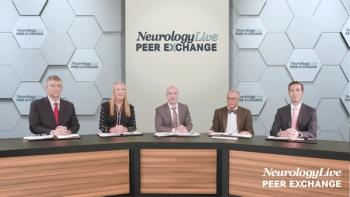
News






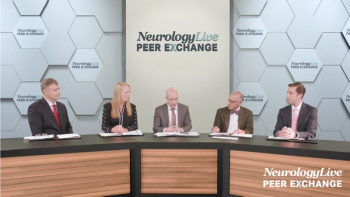
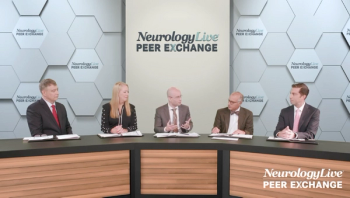
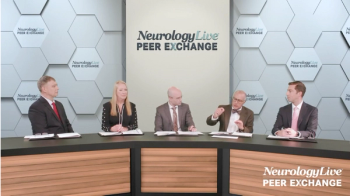


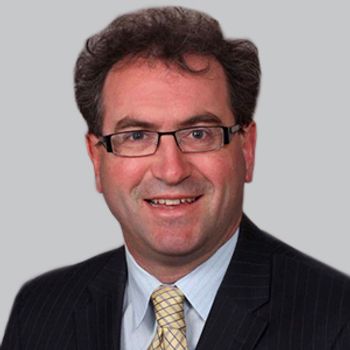
The FDA approval was based on data from the phase 3 PREVENT trial in which 98% of patients treated with eculizumab were relapse free.

Sleep apnea and other sleep disorders are increasingly being recognized as major factors in the etiology and treatment of a host of neurological diseases, but awareness in the neurology community still has room to grow.

Patients whose EEG changes were monitored prior to onset of clinical seizures and who were given preventive therapy demonstrated a lower risk of epilepsy overall, especially drug-refractory.

A large study may bring us closer to identifying interventions that can help the homeless population with neurologic disease.
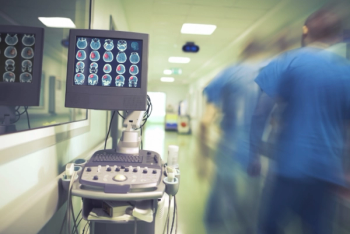
An episode of slurred speech, dizziness, and severe headache resolved after 10 minutes. What do you suspect?

A trio of predictors may help inform which patients may be candidates for resective surgery, as well as improve the postsurgical consideration for re-operation on those who experience disabling seizure recurrence.
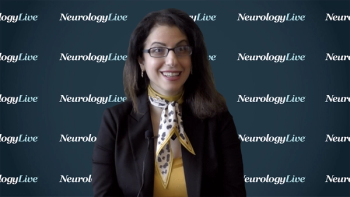
The professor of neurology at Cleveland Clinic’s epilepsy center discussed how algorithms can better influence the personalization of medicine, not just in the field of epilepsy, but in medicine as a whole.

Data suggest that rufinamide is capable of aiding in the control and reduction of seizures, as well as the possible achievement of seizure-freedom in pediatric patients with genetic/metabolic, hypoxic-ischemic, structural, and other intractable epilepsies.
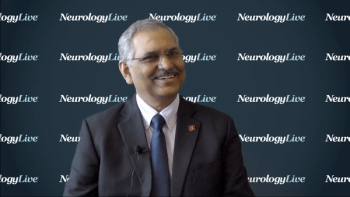
The chief of neurology at Sree Chitra Tirunal Institute for Medical Sciences and Technology spoke about how to reassure patients with epilepsy who are planning for pregnancy and how to make treatment decisions with pregnant patients.

Investigators compared an intermittent low glycemic index therapy diet, a version of the ketogenic diet, to a daily version in pediatric patients with drug-refractory epilepsy.
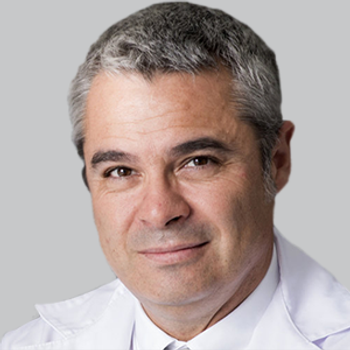
Several poster presentations at IEC 2019 suggest that the incidence of comorbid sleep disorders in people with epilepsy is higher than estimated and have a detrimental impact on quality of life and social adjustment.

Patients with CLN2 disease have shown a maintained treatment benefit, high rate of response, and lowering rates of seizure occurrence over 3 years in an ongoing extension trial.
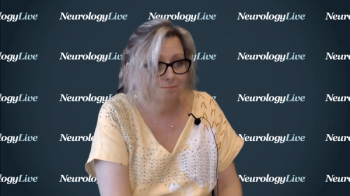
The professor of epilepsy and medical education at St. George’s University Hospital London spoke about the number of challenges plaguing epileptologists when treating patients who present with possible status epilepticus in the hospital.
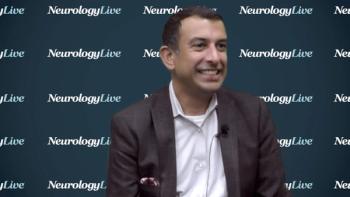
The section chief of neurology at Nationwide Children's Hospital spoke about the role of wearable technology in pediatric epilepsy, an area that has the potential to make a major impact on treatment.

The podiatrist and chief executive officer of Naboso Technology spoke about the potential of textured insoles to help patients with multiple sclerosis improve gait, posture, and balance.

The GW Pharmaceuticals cannabidiol formulation, marketed as Epidiolex, did not show any evidence of clinically relevant drug-drug interactions when co-administered in patients with epilepsy.

While 65% of patients indicated that they no longer have epilepsy, only a quarter of the study population were actually completely free of seizures postoperatively.
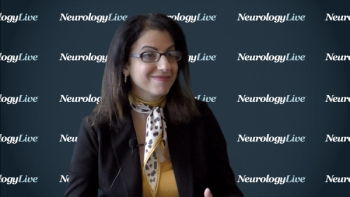
The professor of neurology at Cleveland Clinic’s epilepsy center spoke about the limitations of individual physicians in making clinical decisions, and how utilizing algorithm data can help improve epilepsy interventions.